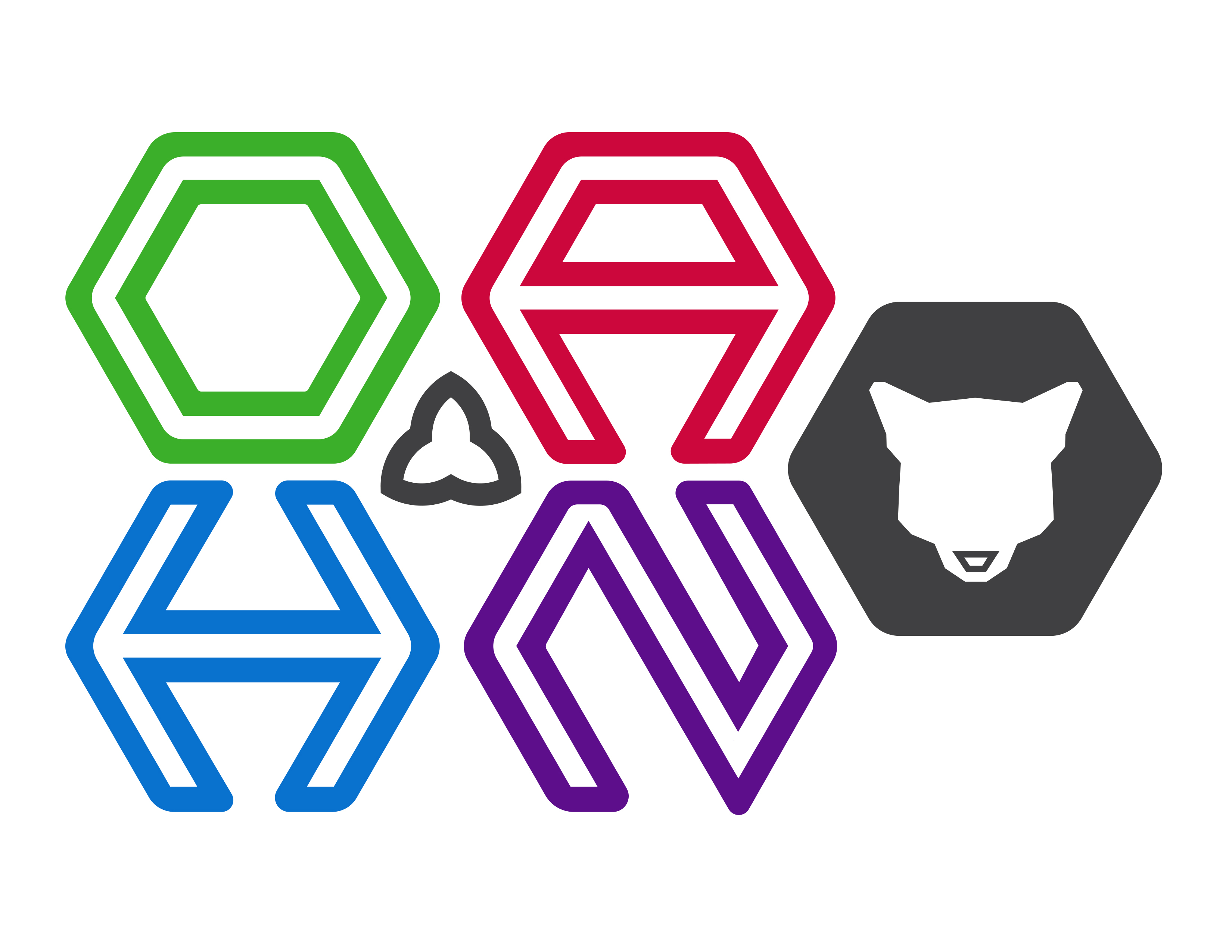OAHN Wildlife Network Project: Avian Influenza in Ontario Wildlife (in progress)

Project Lead: Dr. Claire Jardine
Collaborators: Dr. Alex Reid
Project Proposal:
In spring 2022, highly pathogenic avian influenza caused morbidity and mortality in numerous species of wild birds and mammals in Ontario and other areas of North America. During this period, testing for avian influenza in Ontario wildlife was conducted opportunistically, relying on samples submitted to the Canadian Wildlife Health Cooperative. In Ontario, avian influenza virus detections in mammalian species were limited primarily to red foxes with one case in a mink. However, reports from other areas of North America, indicate that a larger range of mammalian species, including skunks, raccoons, and opossums, may be susceptible to infection. We have limited knowledge about which mammalian species can be infected, and the prevalence of the virus in different wild mammals in Ontario. To address this knowledge gap, we are proposing to increase surveillance of wild mammals this fall using samples collected as part of ongoing rabies surveillance activities in Ontario. The other knowledge gap we would like to address in this proposal is determining if wild species that are exposed to the virus are able to survive infection. To address this knowledge gap, we are proposing to opportunistically collect and test serum samples from mammals and birds (Canada geese) that were frequently diagnosed with avian influenza this spring. This will allow us to assess the proportion of animals that sero-converted (i.e., proportion of individuals that are seropositive). Understanding the role of different species in the ecology of avian influenza and whether they are able to survive infection is not only important for wildlife health, but will also help inform disease prevention and control strategies that are vital for protecting human and domestic animal health.

